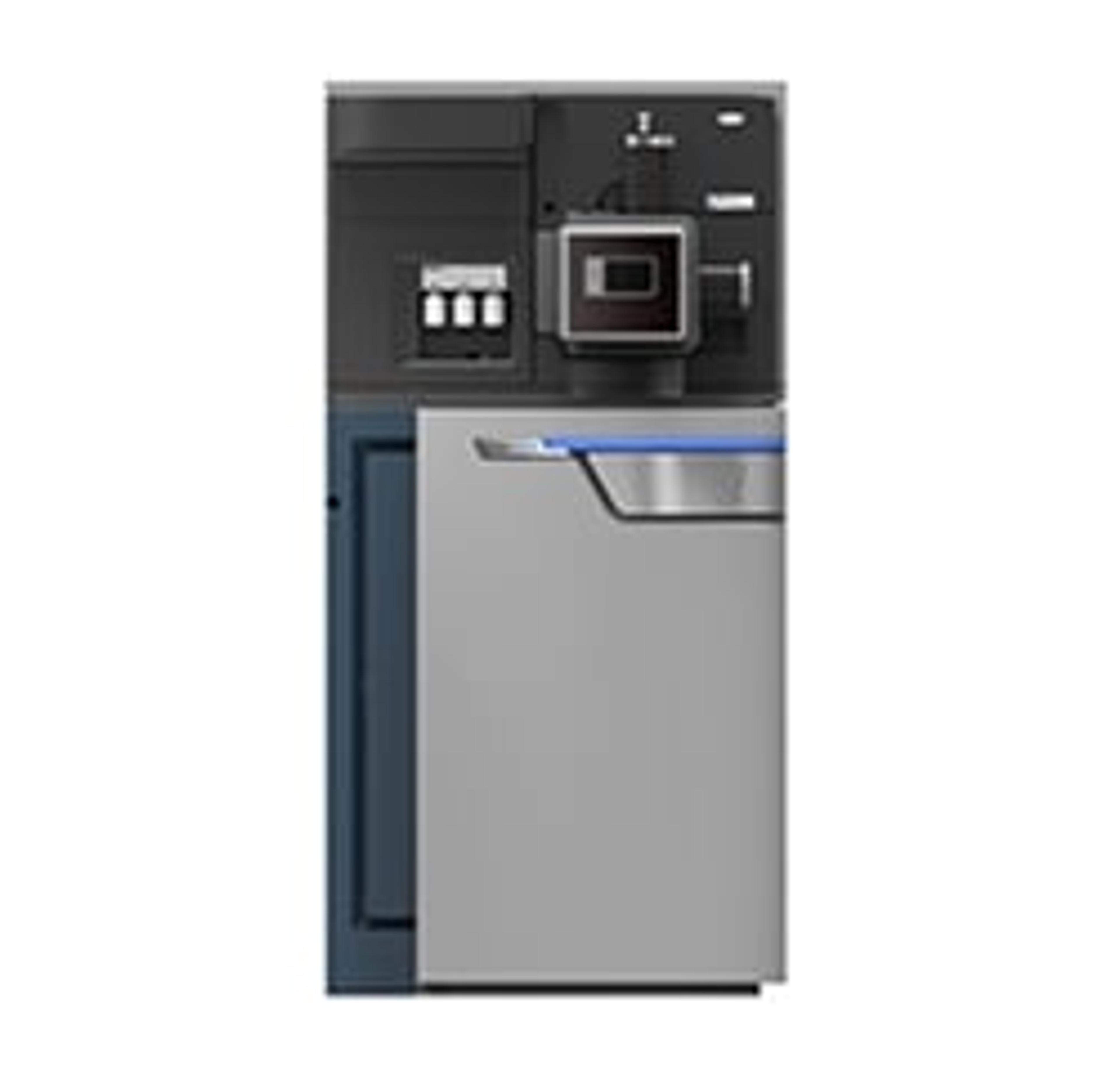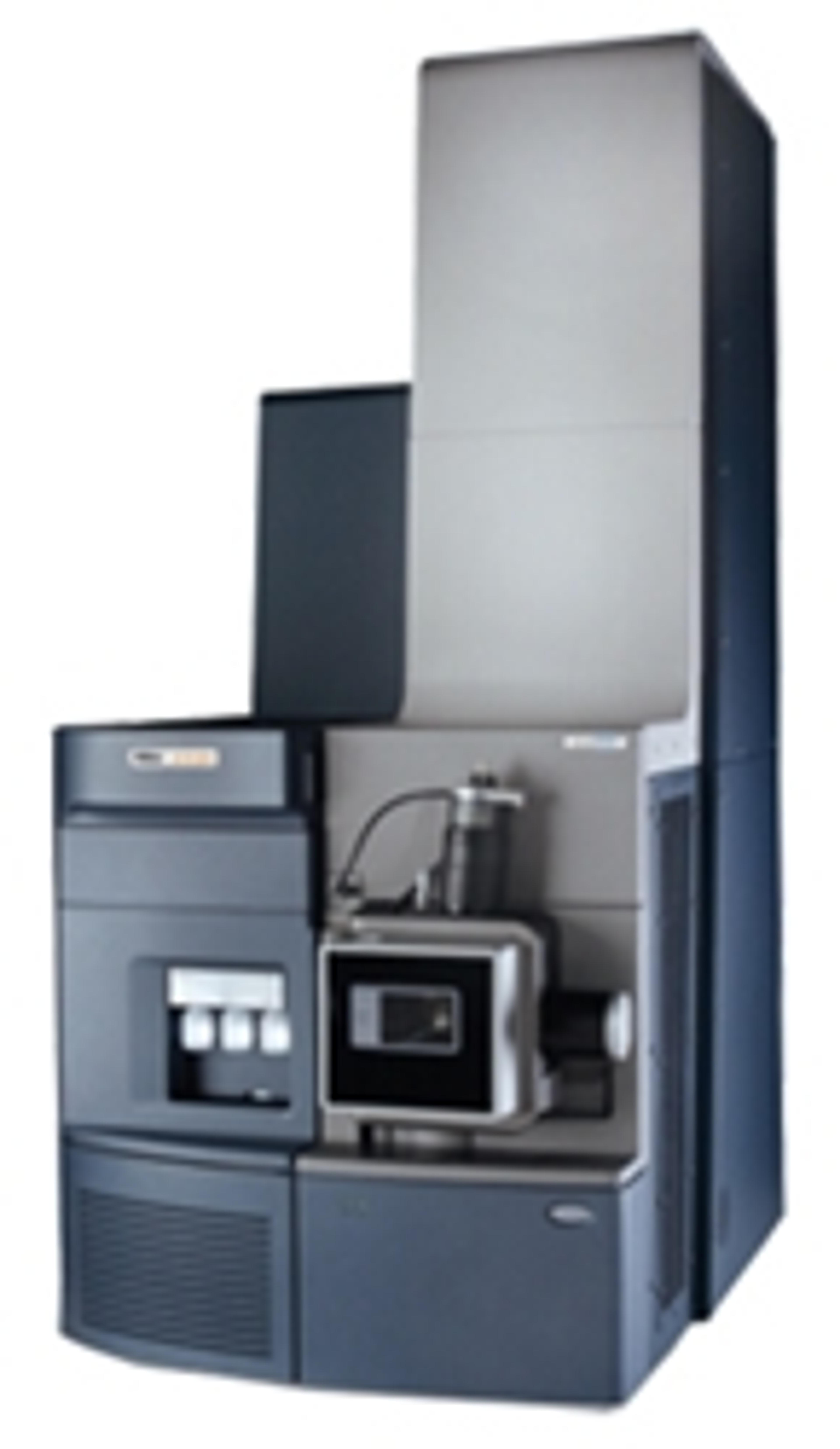How Science Analyzes Sporting Success
Discover the latest techniques to detect and combat doping in sport
20 Aug 2015
Find out how WADA uses cutting-edge technologies to detect doping and help ensure sporting success is clean
With the 2016 Olympics in Rio de Janeiro, Brazil, not far away, athletic performance is more important than ever. A recent report in The Sunday Times revealed allegations of un-investigated doping claims in leading sporting fields. Scientists are continually working to increase the understanding and detection of doping in sports, with strict guidelines outlined by the World Anti-Doping Agency (WADA).
Read on to learn how science enables WADA-accredited scientists around the world to use cutting-edge technologies to detect doping and help ensure sporting success is clean:
1. What is a Biological Passport?
Hear Professor David Cowan, Director of King’s College London’s Drug Control Centre, describe the concept of the Athlete Biological Passport and how it is used to create a profile for each individual athlete. Plus, learn about how changes in blood variables are monitored and controlled.
2. Step Inside a WADA-Accredited Laboratory
Join SelectScience behind the scenes at the WADA-accredited Laboratoire Suisse d’Analyse du Dopage (LAD) in Switzerland, as we follow World Cup samples from their arrival in the lab, through to mass spectrometry analysis and results. In this exclusive footage, discover how these scientists are using LC-MS technology for accurate anti-doping testing of the world’s top footballers.
3. FIFA and WADA Management of Anti-Doping Testing for the World Cup
Hear LAD Director, Martial Saugy, discuss ways in which the laboratory is handling and testing anti-doping specimens daily.
4. The Future of Science in Sport
Hear from world-renowned experts on how the Sportomics approach to analyzing athletes can bridge a methodological gap between hypermetabolic states and personalized medicine.
Keep up-to-date with the latest in doping control news and technologies here, or sign up free to SelectScience to receive alerts direct to your inbox.


